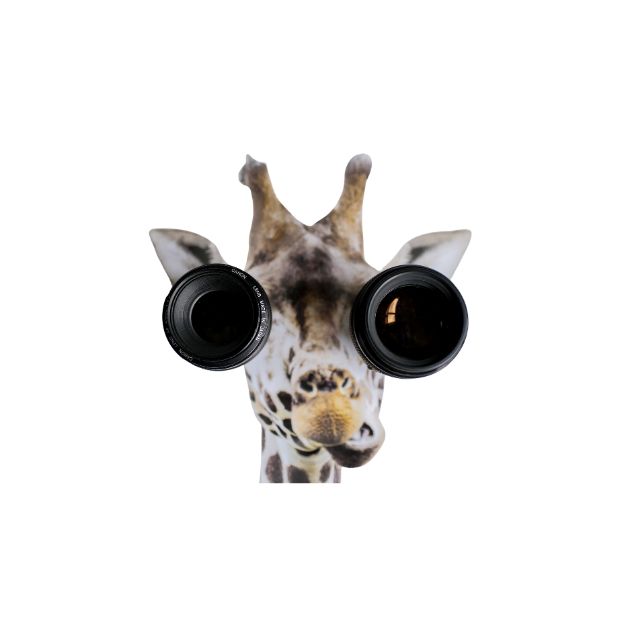Our beloved vuvuzela – A Sensory Intelligence® perspective
Posted: 20 May, 2016
By: Annemarie Lombard

Our vuvuzela, the “African Horn” became a proudly South African icon during our momentous 2010 World Cup Soccer! This piece of (mostly) plastic has done what many leaders, organisations, people, groups, institutions, legislation, and many others failed to do for years. It pulled our nation into a unity as never seen before – wow, that is powerful!
I believe that all South Africans are supporting the vuvuzela for this reason and were swept away by the energy, vibe and atmosphere of the soccer world cup. And how we showed them!
The flip side to it is the high noise levels and accompanied spit usually unwanted from various strangers in your immediate vicinity.
From a sensory level all the sound waves by the vuvuzela travel through our auditory channels to our brains to bring interpretation and meaning. The vuvuzela is a noisy thing with increased decibels not very gentle on the ears. I had to chuckle listening to various complaints of players, spectators, organisers, sport managers, etc. etc. blah blah blah on the noise levels. The reality is that the human brain and senses are unique and work in a kind of unique way for all of us. The brain picks up information via the senses based on your individual thresholds for each sense. Think about pain thresholds; those with low pain thresholds feel and experience pain very easily; those with high pain thresholds are the opposite. It takes quite a bit of poking and pinching before they feel and experience pain sensations. Now all your senses work in kind of the same way. For those of us with low noise thresholds the vuvuzela is really noisy, loud and uncomfortable to listen to. For those with high noise thresholds, the opposite is true. Blowing and receiving vuvuzela sounds most definitely was constant music to your ears. So there, thresholds are part of our genes, there is no right or wrong, so we will always have the vuvu-lovers and the vuvu-haters. It’s all a matter of thresholds and brain works. And then yes, we have the group with medium thresholds who have no specific aversion or love for the vuvuzela. If we take this into consideration we should have more insight and compassion for the people around us.
The spit is received via the skin, the touch receptors which picks up all information that lands on the body where skin surfaces are. When on your clothes, your skin doesn’t necessarily pick it up but your eyes will most definitely identify the culprits and add further information to your sensory awareness. Your brain will take all this information in to form a picture and decide its course of action. Thresholds also relate to touch – those with low touch thresholds will be appalled by the spit parties but those with high touch thresholds might be more likely to miss or not notice it.
What does this mean for us further? In Sensory Intelligence® we continuously empower people to gain insight into their sensory systems, thresholds and responses. If you are noise sensitive, the strategies you apply in your open plan office environment and among your noisy 3 and 4 year old at home is to understand your irritations and distractions and make the necessary accommodations for it.
For instance – at work sitting in the corner spot, away from the fax and copy machines, and as far away as possible from Bill with his vuvuzela kind of voice would be more conducive to your performance. Sitting in a corner will also mean less traffic behind your chair and potential touch by others. The blow of the air conditioner can also potentially overload a low threshold touch system; so change your seating. The mere act of changing physical work space can turn on the magic at work! Using sensory self-regulators (i.e. breathing, walking and stretching) will also reduce your stress levels, make you feel more comfortable and let you work easier.
Our focus is thus on enhancing performance in the workplace, reducing stress and distractions and creating wellness at work. At home similar strategies apply to assist with management of an easier family dynamic.
The magic is to have the necessary insight, stop labelling yourself and others, and make the most of it. Insight and strategies apply to both low and high threshold individuals, there is no right or wrong, just understanding the human brain better and working with it, not against it!
Long live the Vuvuzela! Are you a vuvu-lover or a vuvu-hater… click here to find out.



